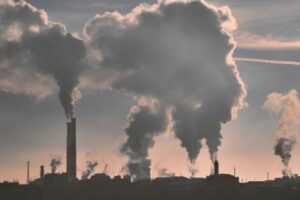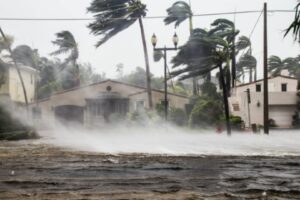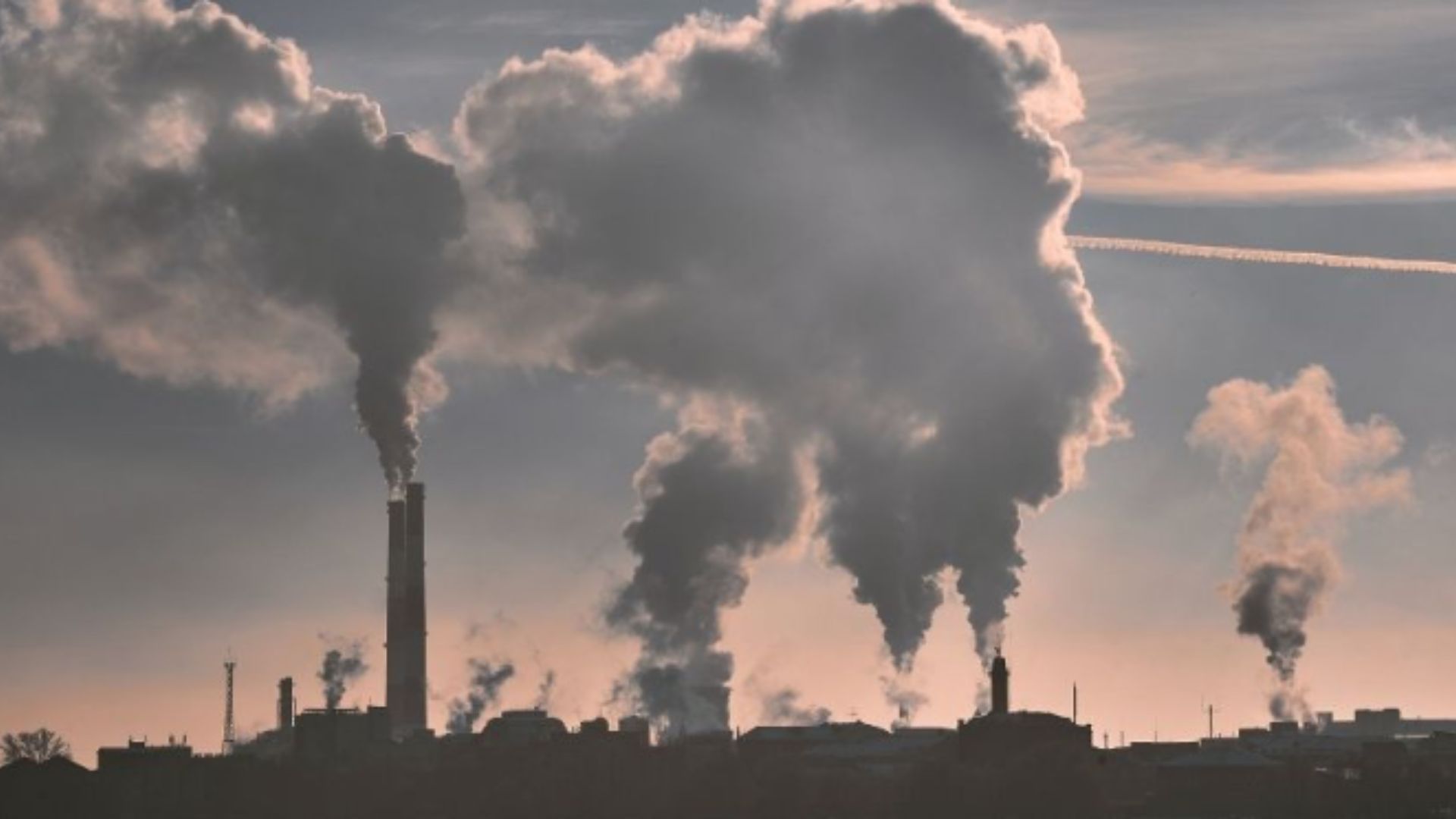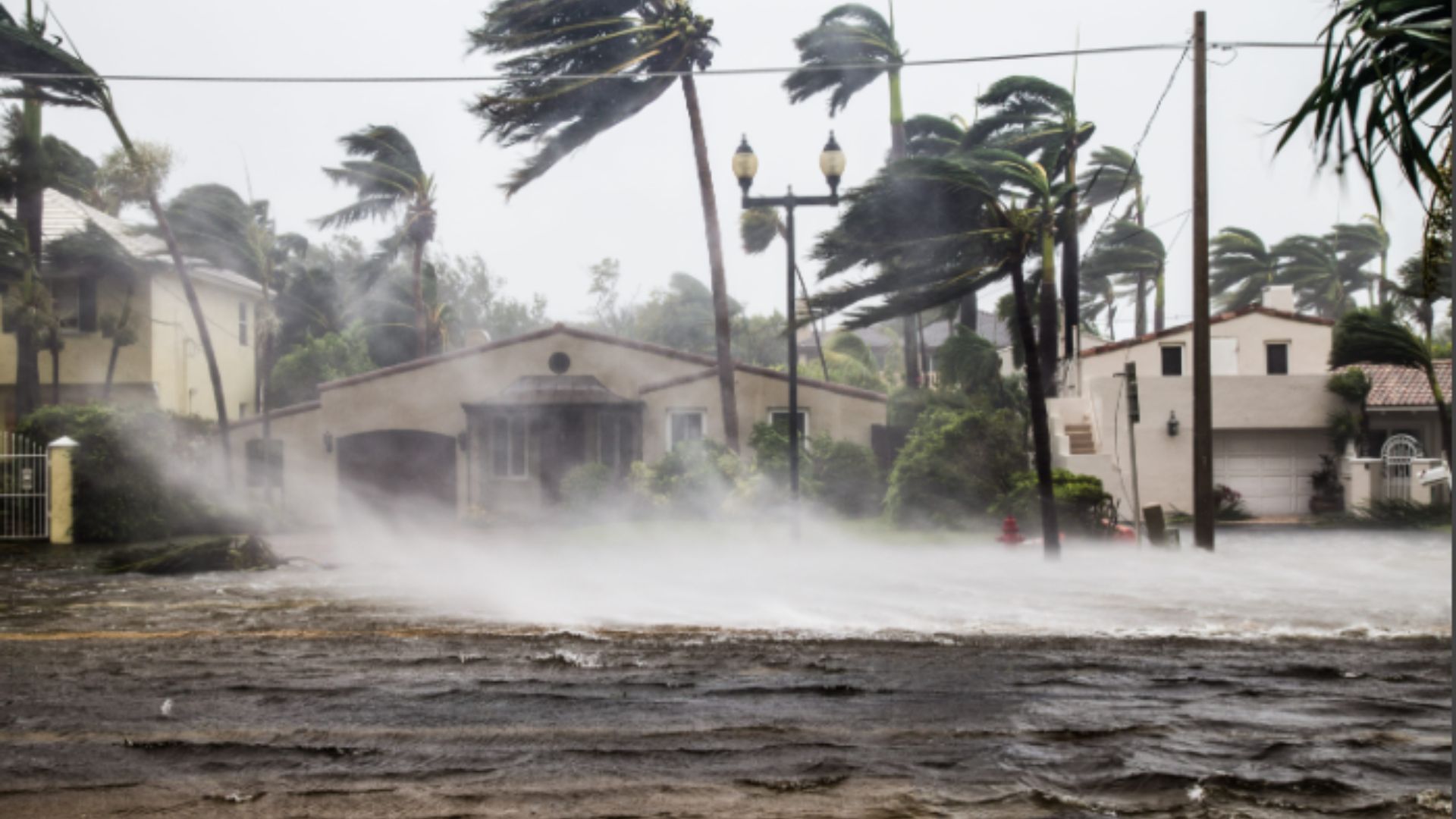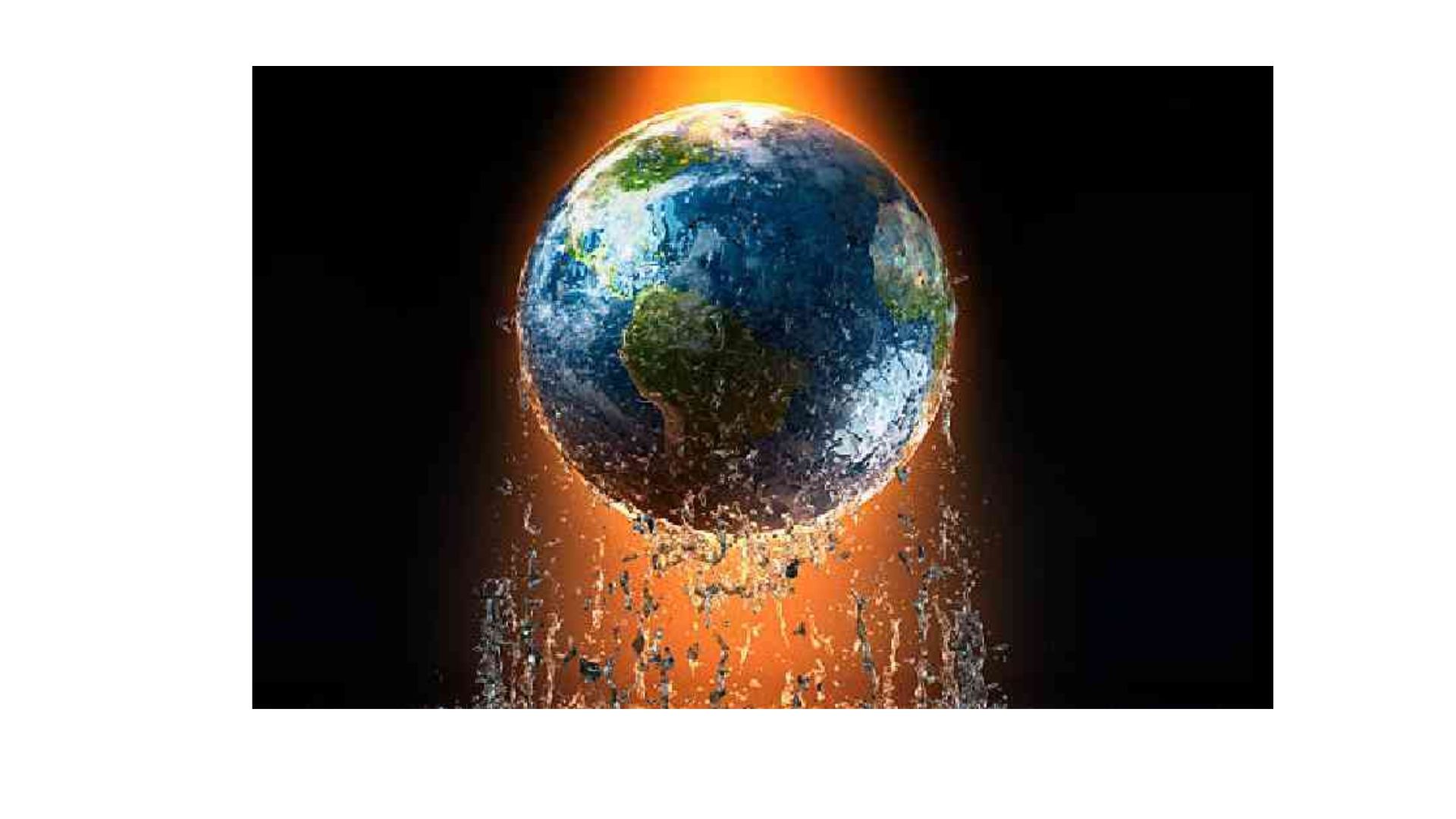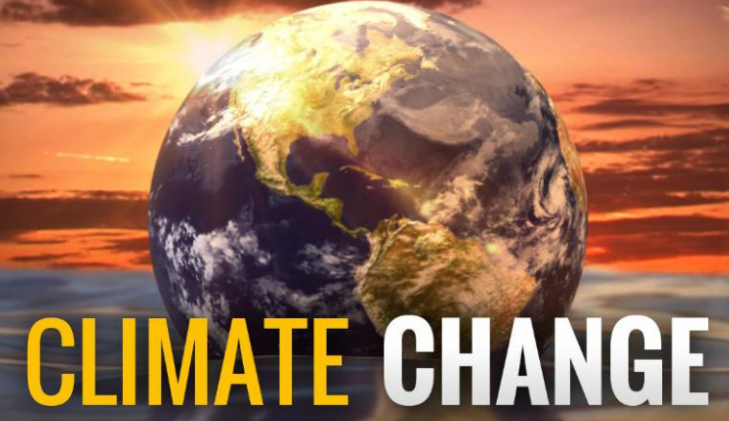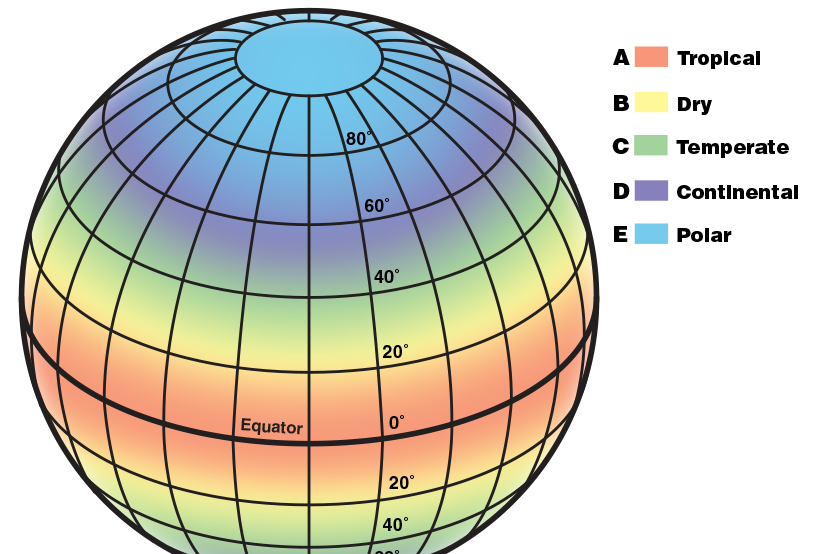Global warming is a hot topic (pun intended!), and with good reason. Our planet’s climate is undeniably changing, and scientists around the world are working hard to understand the causes and potential consequences. This blog post aims to provide a clear and concise explanation of the science behind climate change, breaking it down into four key areas.
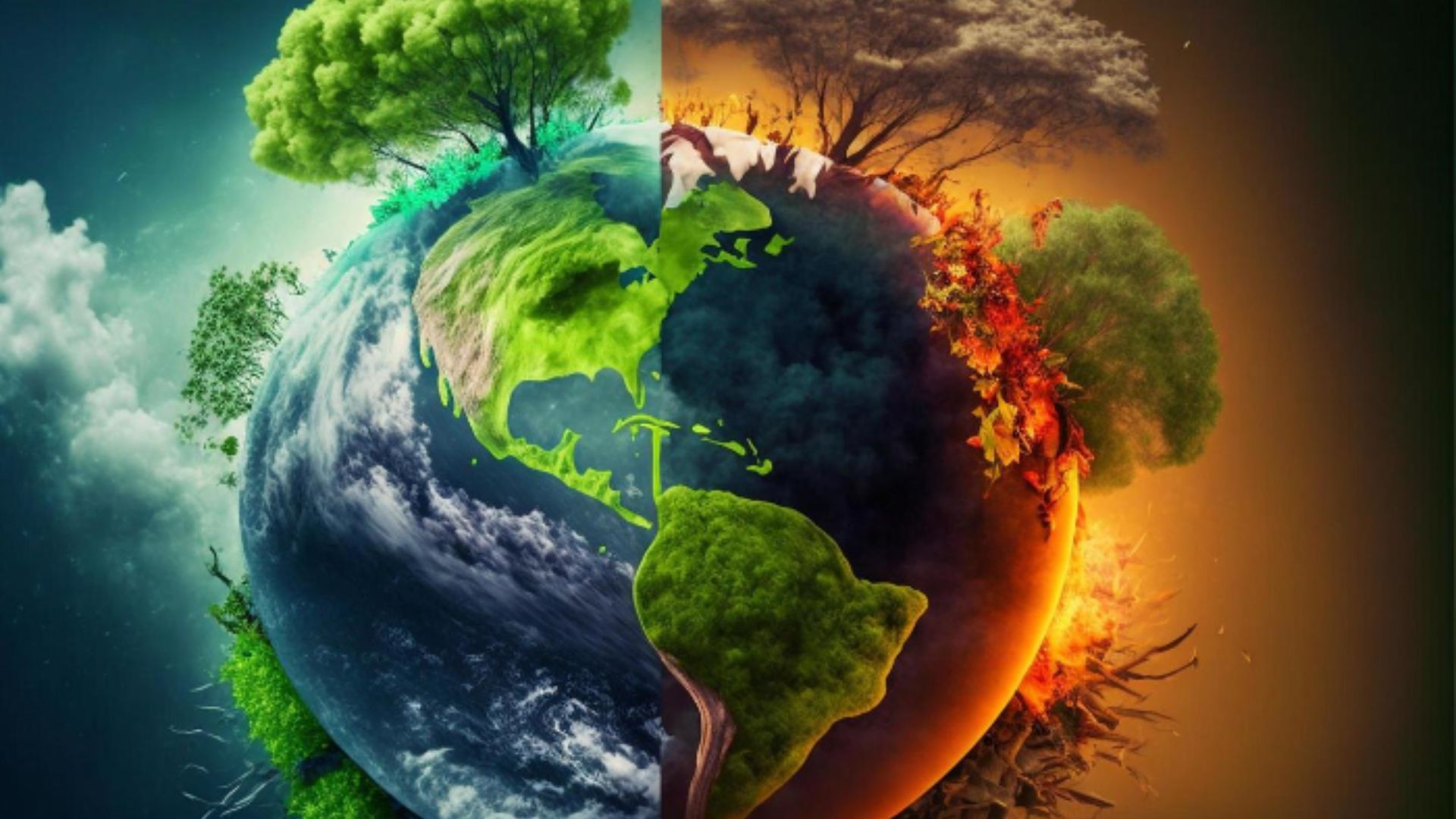
The Greenhouse Effect
Firstly, imagine Earth basking in the sun’s warmth. Some of this solar energy is reflected back into space, while some is absorbed by the planet. Also, the greenhouse effect plays a crucial role in regulating Earth’s temperature. Certain gases in the atmosphere, like carbon dioxide and methane, act like a blanket, trapping some of the heat radiating back from Earth. This natural process keeps our planet warm enough to sustain life.
Human Activity
However, human activities are disrupting this delicate balance. Moving on, the burning of fossil fuels like coal, oil, and natural gas releases large amounts of greenhouse gases into the atmosphere. Think of it as adding extra layers to our planetary blanket. This increased concentration of greenhouse gases traps more heat, causing the average global temperature to rise.
The Role of the Oceans
Our oceans play a critical role in the climate system. They act as a giant heat sink, absorbing a significant portion of the extra heat trapped by greenhouse gases. Also, this helps to regulate Earth’s temperature, but it comes at a cost. Therefore, the oceans are becoming warmer and more acidic, impacting marine ecosystems and disrupting delicate ocean currents. Understanding the role of oceans in climate change is crucial for predicting future impacts and developing adaptation strategies.
Amplifying the Problem
Climate change is not a simple, linear process. There are feedback loops at play that can amplify its effects. For example, as the planet warms, ice and snow cover melt. In addition, this reduces Earth’s albedo, the ability to reflect sunlight back into space.Furthermore, less reflection leads to more heat absorption, further accelerating warming. Another example is the thawing of permafrost, which releases potent greenhouse gases like methane into the atmosphere, further contributing to the problem. Recognizing these feedback loops helps scientists understand the potential for rapid and dramatic climate change.
A Global Challenge
Adding on, climate change is a global challenge that requires a global solution. No single country can tackle this issue on its own. International cooperation is essential to reduce greenhouse gas emissions, develop clean energy technologies, and adapt to the inevitable impacts of climate change. The Paris Agreement, a landmark international agreement adopted in 2015, provides a framework for global action on climate change. However, continued international cooperation and strong leadership are needed to ensure its effectiveness.
Evidence of Global warming
The evidence of climate change is overwhelming and comes from multiple sources. Global average temperatures have been steadily rising for decades. Moreover, glaciers are melting at an alarming rate, contributing to rising sea levels. Extreme weather events like heat waves, droughts, floods, and wildfires are becoming more frequent and intense. These are just a few of the ways our planet is responding to a warming climate.
Potential Impacts and Urgency
The consequences of climate change can be severe and far-reaching. Rising sea levels threaten coastal communities. Changes in precipitation patterns can lead to food and water scarcity. Extreme weather events can displace populations and damage infrastructure. These impacts are already being felt around the world, and they are projected to worsen if we don’t take action.
Conclusion
In conclusion, global warming is a complex issue, but understanding the basic science empowers us to make informed decisions. Also, by learning about the greenhouse effect, human contributions, and the evidence, we can grasp the reality of the situation. This knowledge is the first step towards taking action – both individually and collectively – to mitigate climate change and adapt to its effects. Hence, the future of our planet depends on it.
Remember, even small changes in our daily habits can make a difference. Therefore, from reducing our reliance on fossil fuels to adopting sustainable practices, we can all contribute to a healthier planet. Stay tuned for future posts where we’ll explore solutions and ways to get involved in the fight against climate change!





